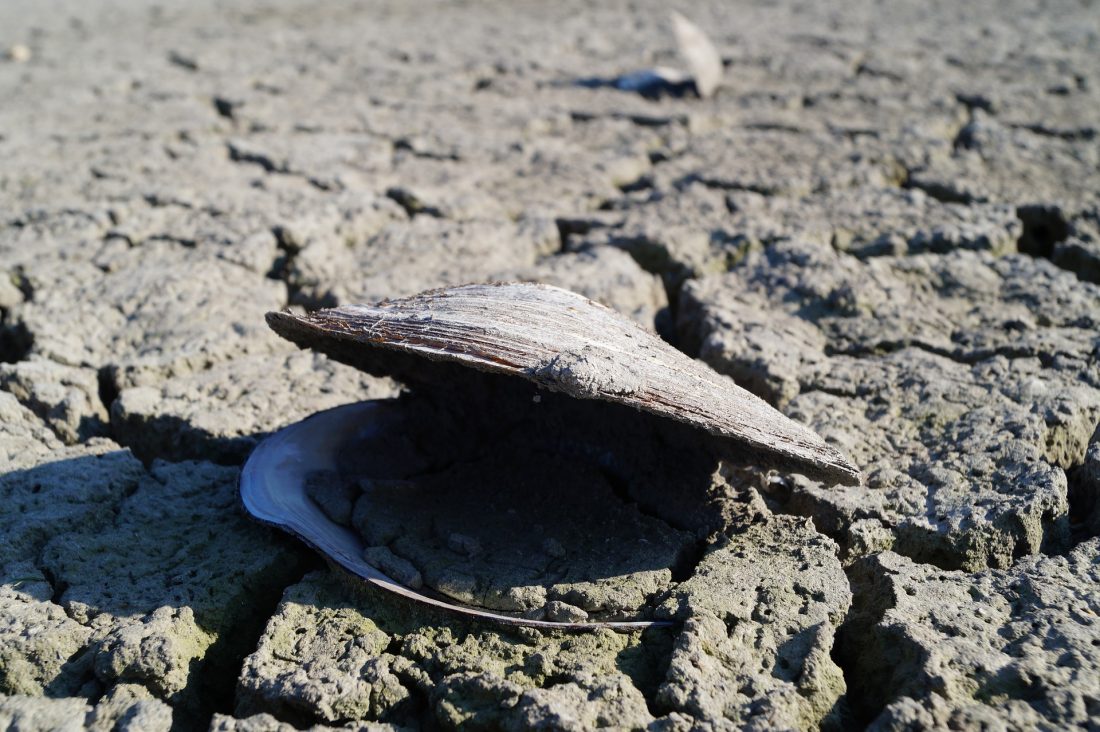
The planet we want
How is the planet we want to live in?
If you have never thought about it, you have to know that, like it or not, in about 10 years, our planet will have changed a lot. The hot summers will be the rule, the ski resorts of the Pyrenees will have to close or reinvent, the rains will be even stronger and more violent, the fires will be much more frequent and in unsuspected places, as in the north of Europe.
In our beloved Catalonia, the climate will be so warm that the rest of Europe will visit us even more, even in the middle of winter, with the pressure on the resources that this will entail. This has its positive and negative sides, but whatever the case, we will have to adapt to it.
If the climate changes so much, so will the landscape, agriculture, species and, therefore, also what we will eat. Our traditions must change and adapt to a world in coexistence with people from other parts of the world they will have to abandon. And this migratory process will go more and more.
The more than 7,000 million humans are changing the planet irremediably. Our footprint is, simply, bestial: we consume in a year the energy of the Sun that arrives in an hour; we generate such a quantity of waste that floating around the oceans waste islands the size of countries.
Nothing we do will generate significant changes to 10 years
That’s right, in 10 years, few things, effective in the short term, we can do. But in 20 or 25 years, I’m sure we will. By then, we will no longer be 7,000 but probably about 10,000 million people. The climate, if we do nothing, at least in the Mediterranean, will be much drier and hotter. We are not going to consider the long list of natural phenomena that will determine an environment that will have deteriorated to unimaginable levels.
As future is not written, what we can affirm is that several possible scenarios open up before us based on our responsibility as the main species that inhabits the Earth. Some of these scenarios involve very serious challenges and being aware that, depending on our behavior today, we will condition our tomorrow’s environment.
Certainly, the pace with which technology and science evolve, will unveil discoveries impossible to imagine that will surely help us to take control of how to manage our planet, but if there is no real will to change, if our decisions and actions do not contemplate the improvement of the conditions of the planet for all the whole of humanity, will be no more than mere technological acrobatics.
The use of energy is the key to survival
It is not possible to continue with our linear economy scheme where resources are used once to produce and become waste after a certain time of use.
If our attitude towards the use of energy and raw materials, as well as the waste that these production cycles generate in greenhouse gases, does not change dramatically, the warming of the atmosphere will be inexorable.
There is an alternative, but only one
Yes, only one: act now to reduce our impact upon the planet. Our governments, our companies, our local administrations must assume their responsibility, however hard, to legislate so that the commitment of the whole society towards a sustainable future begins right now. But, to be fair, we must incorporate into the equation the cost of everything we have done wrong and that already affects this future: it will be necessary to collect all the waste already scattered throughout the world, dismantle the nuclear power plants, etc. And keep in mind that, in less developed countries, the pace of action may not be the same as in the more industrialized countries.
The economy must go from being linear to being circular, a model where resources and raw materials have more than one life, are reused and converted into other products, and at the same time, we must learn to use things with a more “sustainable” mentality and forgetting about the style “I use it and I throw it out”.
The European Parliament approved a package of measures on the circular economy which represents a first step of the Union’s commitment to accept this engagement and extend it to all its member states, with the intention, in turn, to serve as a guide and example for other countries of the world. The package includes legislative actions that will oblige the industries, the administration and society to put them into practice.
If we are inhabitants committed to our home, the Earth, the road is marked and has no loss. Now it’s time to get going.

No Comments